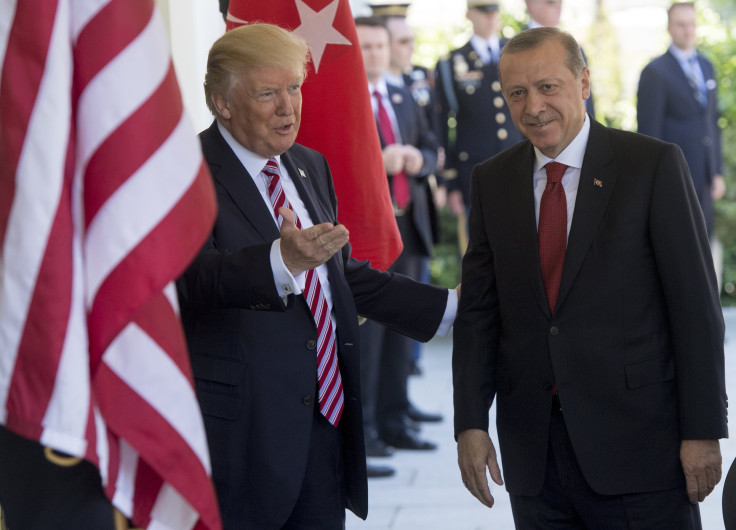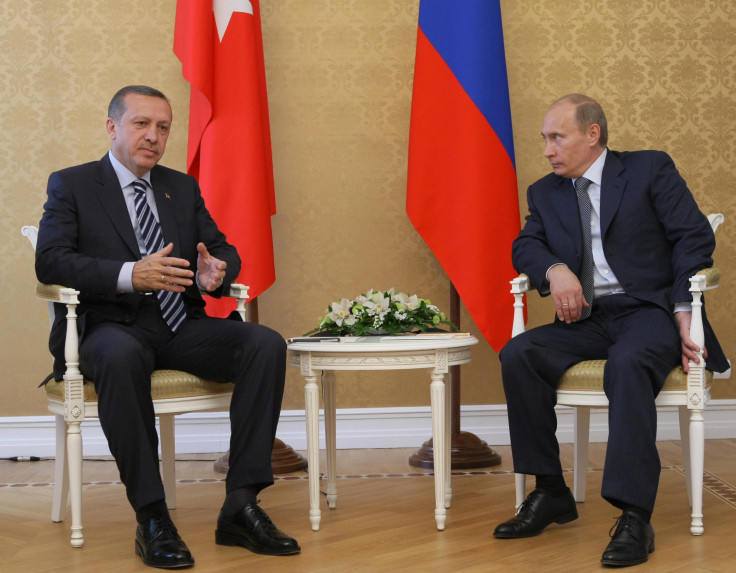US Gives Ultimatum To Turkey To Abandon Its Russian Missiles Deal

The United States has given Turkey time until July 31 to drop its plan to purchase Russian missiles or risk its pilots from being removed from training for the American F-35 fighter jets. The ultimatum has exerted new tension in a widening rift between the two allies.
The US has also threatened economic sanctions, which is bad news for Turkey as, since 2018, the country has been mired in a serious currency and economic crisis.
Washington considers the presence of the S-400s in Turkey to be a security threat to the F-35s and NATO as a whole. The US has already stopped the delivery of F-35 parts to Turkey, which has confirmed a deal to buy four aircraft of the model, The New York Times reported.
Relations between the US and Turkey began to decay in 2003 when Turkey refused to permit the United States to use Incirlik Air Base for the invasion of Iraq. This later escalated following the failed coup d'état attempt in Turkey in July 2016. The country′s foreign policy has gradually re-orientated towards seeking alliances with other powers such as Russia.

The F-35 was launched in the 1990s and is the most expensive program in the history of the US military, according to AFP. The aircraft are created to operate in sync and in real time with NATO’s military systems, including anti-missile defences. The US fears that Russia could fine-tune the S-400’s capacities against the Western alliance through information obtained in Turkey.
Acting Defense Secretary Pat Shanahan told his Turkish counterpart, Hulusi Akar, in a memo that if Ankara follows through on the plans to acquire a Russian antiaircraft system, the US would take steps to terminate Turkey’s participation in the development and use of the plane.
“Turkey still has the option to change course, If Turkey does not accept delivery of the S-400, we will enable Turkey to return to normal,” she said.
Ellen Lord, undersecretary of defense for acquisition and sustainment justified the US deadline, saying that Turkey had already sent its personnel to Russia to start training with the S-400s. Turkish President Recep Tayyip Erdogan said that his country was “determined” to continue with the Russia deal despite US' threats. “Unfortunately we haven’t received a positive proposal from the American side on the subject of Patriots like the S-400s from Russia,” he said. Rostec CEO Sergey Chemezov intimated that Russia had already completed the preparation of the Turkish specialists to handle the surface-to-air defense systems.
© Copyright IBTimes 2024. All rights reserved.





















